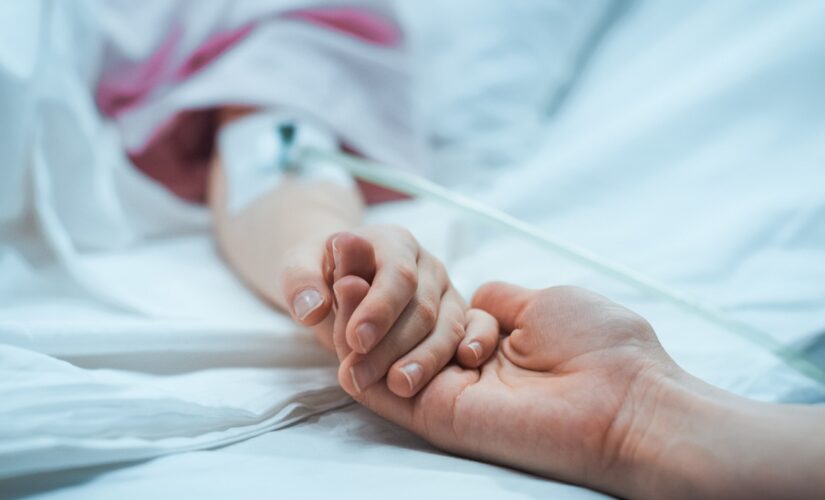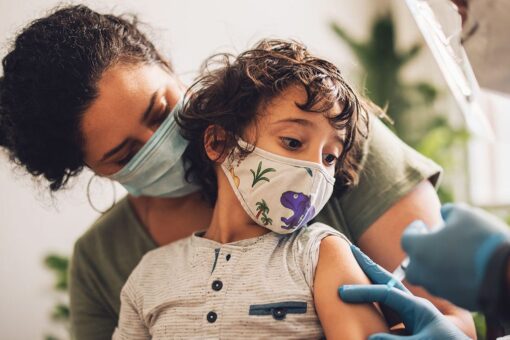NEWYou can now listen to Fox News articles!
Family members of patients hospitalized in the intensive care unit (ICU) for COVID-19 were more likely to have symptoms of post-traumatic stress disorder (PTSD) than those of patients with acute respiratory distress syndrome (ARDS) from another illness, according to researchers.
In a study published in JAMA Network, a team of French authors conducted a prospective cohort study in 23 ICUs in France from January to June 2020 – and a final follow-up in October 2020.
BIDEN ADMIN AWARDS $103M FROM AMERICAN RESCUE PLAN TO FIGHT HEALTH CARE WORKER BURNOUT
ARDS survivors and family members – one family member per patient – were enrolled, with 517 family members in total.
Family member symptoms of PTSD at 90 days after ICU discharge were measured by the Impact of Events Scale-Revised score and symptoms of anxiety and depression at 90 days were assessed by the Hospital Anxiety and Depression Scale.
The researchers used multivariable logistic regression models to determine the association between the COVID-19 status and outcomes.
They found PTSD in 35% of family members related to patients with COVID-19 ARDS, compared with 19% for any other cases of respiratory issues.
EXPERIMENTAL TREATMENT POTENTIAL ‘GAME-CHANGER’ FOR TREATMENT-RESISTANT DEPRESSION, STUDY SAYS
Symptoms of anxiety and depression were also higher among family members of patients with COVID-19 ARDS.
Study limitations, according to the authors, include that the patients were admitted early on in the pandemic, that the results may not apply to ICUs that do not place a strong focus on family care, that participating hospitals are in France, that not all patients may have met the strict consensus criteria for ARDS, and that ICU clinical staff did not participate in the study.
“There are many potential explanations for these findings, including the need to comply with strict isolation measures to prevent viral transmission and the strain put on ICU staff due to the surge in patient numbers caused by the pandemic. When ICUs are perceived as closed departments, visitors may feel unwelcome, and these closed ICUs can generate stress and symptoms of anxiety, depression or PTSD in the family members.” they explained, noting their findings are consistent with previous research.
Lastly, they pointed out that perceived social support during the ICU stay was an important factor associated with family outcomes, citing a survey of nearly 900 patients hospitalized with COVID-19 in China that found poorer perceived social support was associated with anxiety, depression and PTSD.
CLICK HERE TO GET THE FOX NEWS APP
Social support is the subjective perception of the extent to which family, friends and other network members are available and helpful.




